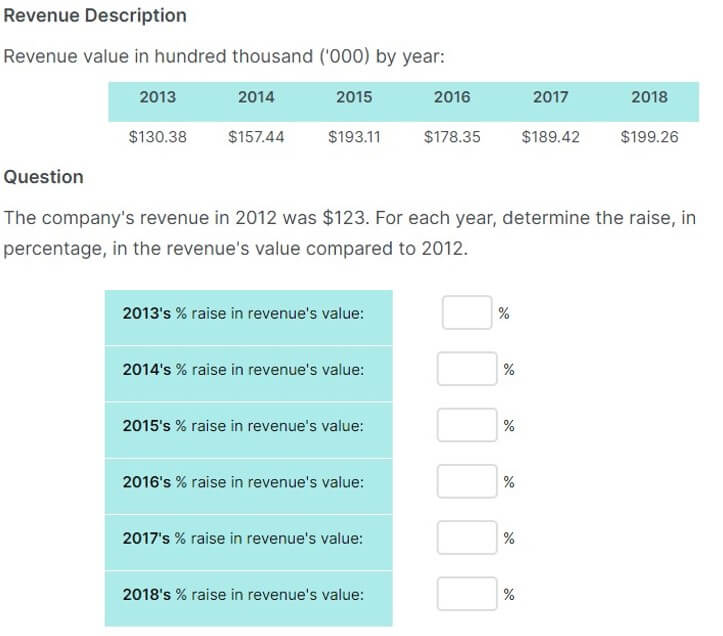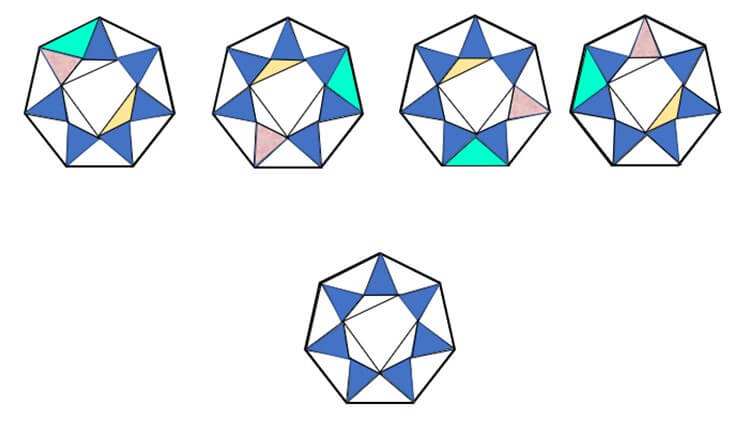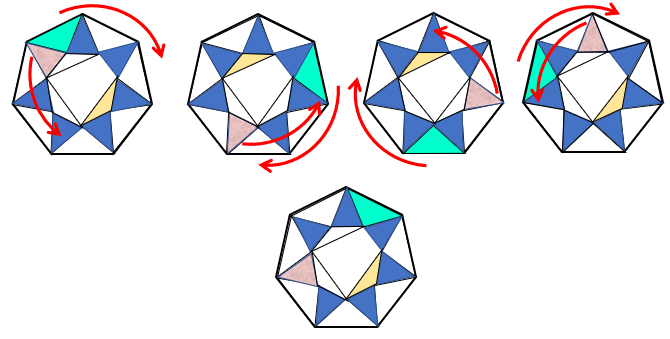Applying for a position at Qantas Airlines? You probably know that Qantas Airways uses SHL assessments for the screening of candidates. Qantas Pilot Testing has a strict time limit - for any category, you'll have less than two minutes per question.
To help you ensure you are prepared for the Qantas Pilot Test ahead of you, we have developed a tailored SHL PrepPack for Qantas Candidates.
What’s Included In Our PrepPack?
Full Qantas SHL Test Simulations:
- 5 Qantas SHL Test Simulations (Interactive & Non-interactive)
Additional Practice Tests:
- Personality & Motivation Practice Test + Customised Reports + Guide
- 21 Numerical Practice Tests
- 20 Inductive Reasoning Practice Tests
- 7 Deductive Reasoning Practice Tests
Study Guides:
- 6 Qantas SHL General Ability Test Study Guides
- 15+ Additional Study Guides
This PrepPack includes:
- Qantas SHL Full Test Simulations & Study Guides - Practice the actual test's time constraints, format, and types of questions you will encounter on the actual test and identify your weak areas. Including interactive and non-interactive SHL general ability simulation tests and detailed study guides.
- 45+ Additional Practice Tests - Covering all the topics and sections you'll face in the Qantas SHL Pilot Aptitude Test. The practice tests will allow you to thoroughly practice your weak points, as revealed by the full test simulation.
- 20+ Qantas SHL Study Guides - Providing a thorough understanding of the theory behind each test section and the most effective methods for answering questions.
Full Simulations
Practice Tests
Study Guides
Applying for Qantas Pilot Academy? You'll need to take the cut-e pilot test!
Jump to: Qantas Pilot Test Overview | Qantas Pilot Academy Test | Sample Questions | FAQs
The Qantas Pilot Test
The Qantas Pilot Test is the common name for the test taken by candidates for pilot positions, such as Qantas first officer and Qantas second officer. As part of the test, designed specifically for Qantas Airlines by SHL. If you're applying for Qantas Pilot Academy you'll need to take a pilot test, provided by cut-e, in addition to the SHL test.
The SHL Qantas Test includes 3 subtests:

Full Preparation for Qantas Pilot Test
✈ Full Qantas SHL Test Simulations
✈Additional Practice Tests
✈ Study Guides
Qantas Pilot Academy
Besides recruiting experienced pilots for their aircrew, Qantas operates its own flight school, Qantas Pilot Academy. Candidates with or without previous aviation or piloting experience can apply to Qantas Pilot Academy and undergo full pilot training.
Qantas Group Pilot Academy aims to develop highly skilled, competent pilots who possess the skills, knowledge, and professionalism that aviation requires. The program prepares students to pursue a rewarding career as airline pilots by providing a comprehensive and structured training environment.
Depending on the program and individual progress, Qantas Pilot Academy training typically lasts for several months to several years. The exact duration may depend on factors such as the type of training program you enrol in, your prior experience (if any), and your proficiency in meeting the required standards.
For more information, you can check out Qantas Pilot Academy's official page.
Qantas Pilot Test Practice Questions (SHL)
FAQs
SHL assessments, in general, are fairly unforgiving. This is because they aim to shortlist the large number of applicants Qantas receives. If most people could pass them easily, they would not be useful to Qantas.
Most candidates are not able to finish all the questions on the assessment within the allotted time and come out feeling stressed.
This is why preparation can make a big difference. It will familiarize you with the assessment, reduce anxiety, and allow you to focus on answering questions similar to those you have already solved.
Qantas makes use of SHL General Ability (Verify G+) Test. It's a 24-question, 36-minute assessment that evaluates your ability in numerical, inductive, and deductive reasoning.
In addition, Qantas also uses SHL's personality tests, including the Occupational Personality Questionnaire (OPQ32) and the Motivational Questionnaire.
The General Ability Test is officially 36 minutes long. However, it can take 46 minutes, with time for examples and explanations.
The OPQ and motivational questionnaire can take 25-30 minutes each.
SHL test scores are not absolute but relative. This means your score will not be based on how many questions you answered correctly out of all the questions on the test. Instead, they will indicate where you stand compared to past test-takers.
In order to guarantee advancing to the next stage, you will want to be in the top 20 percentiles.
Ace Your Qantas Pilots Test
Our prep pack mimics the actual test and includes dozens of practice tests covering all the different types of questions in the test. With our practice, you can master the skills and knowledge needed to succeed in your assessment, reduce stress on test day, and increase your chances to success.
Qantas Airways is Australia's Flagship Airline. If you are looking for other pilot and aviation assessments, you can find them here:
Cut-e Pilot Test | Ryanair Pilot Test | easyJet Pilot Test | Aer Lingus Assessment | Leading Edge Aviation | Air New Zealand | British Airways Pilot Test | Qatar Airways | Cathay Pacific | Fly Dubai











